“We are confident that the graduates that leave us are well placed to enter into highly paid, highly skilled jobs that employers are looking to fill.” – آدری چنگ
آدری چنگ, یکی از بنیانگذاران و مدیر عامل شرکت مدرسه مورینگا, برای یک شرکت سرمایه گذاری سرمایه گذاری در صندوق محلی فن آوری در کنیا در کار بود که او مشاهده یک شکاف مهارت های قابل توجهی بین مشاغل موجود به جوانان و استعداد واجد شرایط برای پر کردن آنها. بیکاری جوانان و کمبود جوانان قابل اشتغال یکی از بزرگترین چالش های قاره آفریقا است. "که در 2019, تنها 13% از فارغ التحصیلان دبیرستان در کنیا موفق به کسب یک مکان در دانشگاه شدند (شورای امتحانات ملی کنیا), و به طور متوسط, طول می کشد 5 سال برای یک فارغ التحصیل دانشگاه برای پیدا کردن یک کار تمام وقت در کنیا,"او می گوید. Cheng researched the problem and discovered that training programs available to students were outdated and did not match the competencies employers were seeking. It was at this point that Cheng came up with the concept of “a bootcamp accelerator program.” The Moringa School was born.
آدری چنگ, co-founder and CEO of Moringa School, was selected as one of the 2016 فوربس 30 زیر 30 کارآفرینان اجتماعی, as Ashoka AMEX Emerging Innovator 2015, and as one of World Economic Forum’s Top Female Innovators in Africa. او به ما می پیوندد در جهانی جستجو برای آموزش و پرورش.
“We also pride ourselves on intertwining professional development and soft skills within our course so students gain the ability to problem solve and create new ideas which are important to creating holistic professionals.” – آدری چنگ
Audrey, how does the Moringa School model address the skills gap and unemployment issues in Africa?
Moringa School is a Kenya-based multi-disciplinary workforce development platform committed to providing young Africans with market aligned technical and soft skills they need to excel in their careers through a classroom that simulates a real, working environment. Moringa School’s mission is to transform higher education throughout Africa and enable its graduates to be globally competitive with their peers. With locations in Kenya and Rwanda, the school is known for its education-to-employment model where graduates are linked with leading companies throughout Africa and the world for employment opportunities.
Tell us a little bit about your methodology. What makes your approach unique to other start-ups in this space?
We began Moringa in 2014 by teaching lecture-style lessons with experts from the tech industry but quickly realized that what employers wanted were not just graduates with theoretical knowledge, but also practical knowledge and skills that could be applied in their companies. We are unique by focusing on two pillars: a blended learning model and market relevance. This fills the void of a marketplace need and success reflects in our student and employer partner numbers increasing each year. Our team is made up of experts in their fields, from curriculum developers to start-up tech developers who believe in the mission to transform higher education in emerging markets. Moringa has put more than 500 junior software developers into the market in not just Kenya, but also in Rwanda where we have partnered with the government and the German development agency, GIZ, to train 150 low-income women. We have also created an open-source coding curriculum for secondary schools in Kenya and currently have over 200 students using this.
“I think youth are attracted to our learning framework as it provides skills that can be applied in the corporate world as well as transfer into self-employed work and entrepreneurial activities for those interested in start-ups as they find ways to solve the problems of today by creating technology solutions.” – آدری چنگ
What do you think attracts your target audience to your learning framework?
Our target audience is youth aged 18-35. با این حال, we have had people older than this target group looking to upskill or change careers as they see how technology is changing the face of Africa as well as providing new employment opportunities. I think what attracts people to our courses is our blended learning model which has relevance to the market today. As we work with local employers to develop our curriculum, we are confident that the graduates that leave us are well placed to enter into highly paid, highly skilled jobs that employers are looking to fill. We also pride ourselves on intertwining professional development and soft skills within our courses so students gain the ability to problem solve and create new ideas which are important to creating holistic professionals. I think youths are attracted to our learning framework as it provides skills that can be applied in the corporate world as well as enabling transfer into self-employed work and entrepreneurial activities for those interested in start-ups as they find ways to solve the problems of today by creating technology solutions.
How would you describe your greatest achievements so far, and what are the biggest challenges you’ve faced?
I feel my greatest achievement so far is the number of lives we have impacted. پس از 2014, we have graduated over 400 students from our full time 20-week Moringa Program at our campuses in Kenya and Rwanda. The feeling of seeing a young, single mother gaining employment to be able to support her family is like no other. The greatest challenges have been around scaling up our business. From scaling staff members to acquiring new space to hosting our increasing student numbers, this challenge will continue as we scale into new countries. We hope to overcome these challenges by working with partners in new countries to be able to understand the market and transform the level of talent available, which will ultimately attract new students and staff to help transform the economies and livelihoods of all.
The greatest challenges have been around scaling up our business.” – آدری چنگ
Looking ahead – where do you see Moringa School 5 یا 10 سال از هم اکنون?
I have always wanted to create a solution that generates a huge impact in the world, and so I am passionate about scaling the Moringa model across the African continent. With this is mind, we have our Big Hairy Audacious Goal (BHAG) to train 200,000 future knowledge workers through market-driven education in emerging markets by 2030 at the latest. This involves our creating new courses that serve the current and future markets. This year we will be launching Data Science and then a new course every year from now on, driven by careful market research. This will help us to build the largest and highest quality skills provider in emerging markets and reach our ambitious target.
C. M. Rubin and Audrey Cheng
تشکر از شما به ما 800 به علاوه همکاران جهانی, معلمان, کارآفرینان, محققان, رهبران کسب و کار, دانشجویان و رهبران فکری از هر حوزه برای به اشتراک گذاری دیدگاه های خود را در آینده یادگیری با جهانی جستجو برای آموزش و پرورش هر ماه.
C. M. روبین (کتی) بنیانگذار CMRubinWorld است, شرکت چاپ و نشر آنلاین با تمرکز بر آینده یادگیری جهانی و یکی از بنیانگذاران سیاره کلاس درس. او نویسنده سه کتاب پرفروش و دو سری آنلاین به طور گسترده ای به عنوان خوانده شده. روبین دریافت 3 جوایز آپتون سینکلر برای "جهانی جستجو برای آموزش و پرورش". سری که طرفدار برای همه زبان آموزان در راه اندازی شد 2010 و با هم به ارمغان می آورد رهبران فکری برجسته از سراسر جهان برای کشف مسائل آموزش و پرورش کلیدی مواجه شده توسط سازمان ملل.
دنبال C. M. روبین در توییتر: www.twitter.com/@cmrubinworld

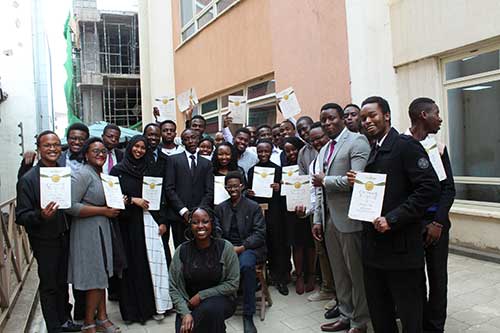
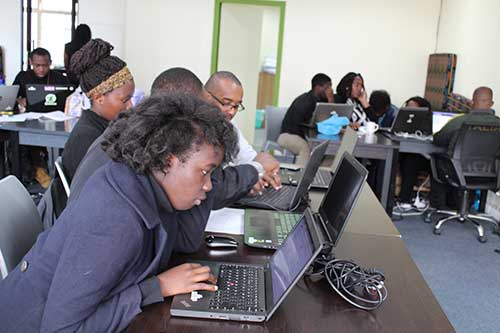
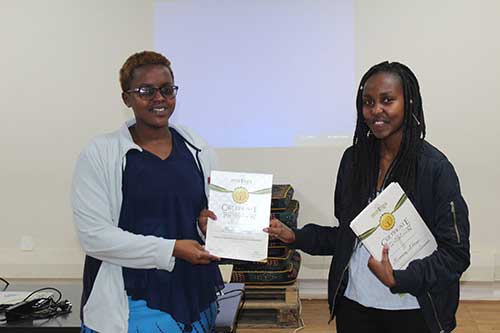
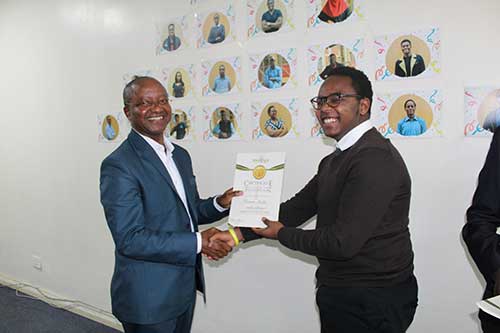
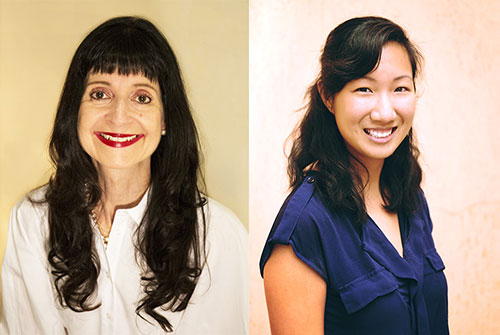

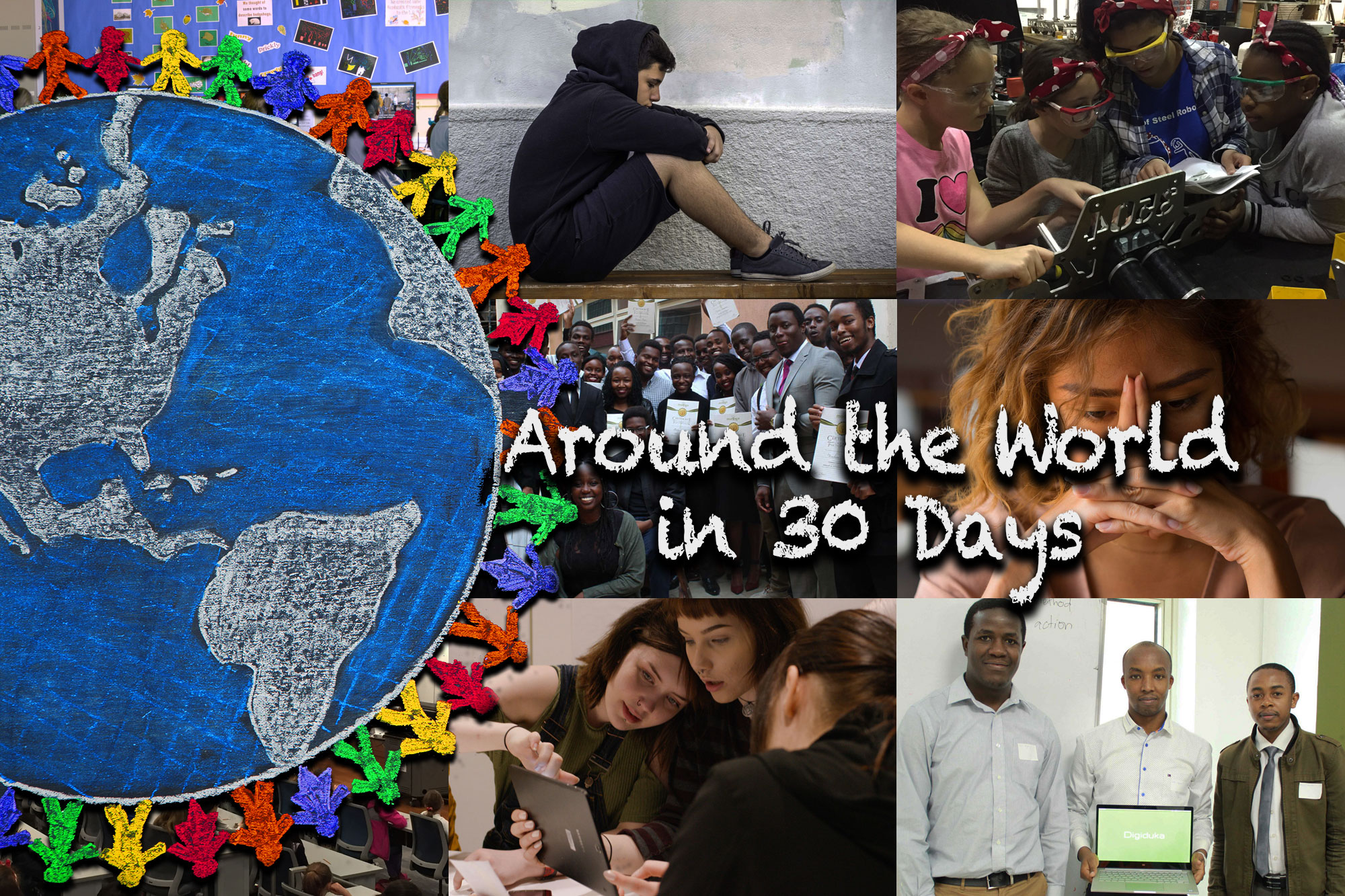
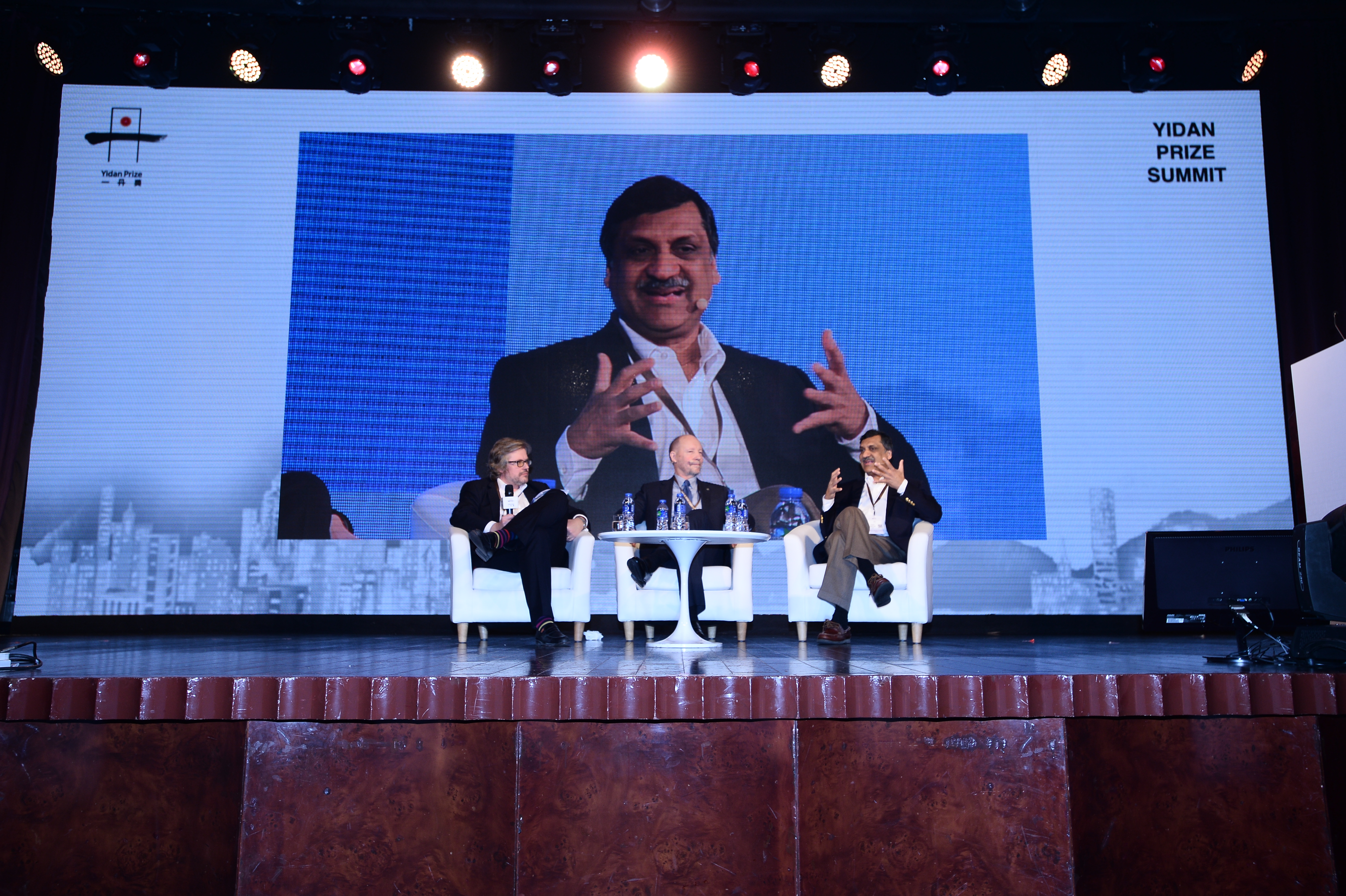
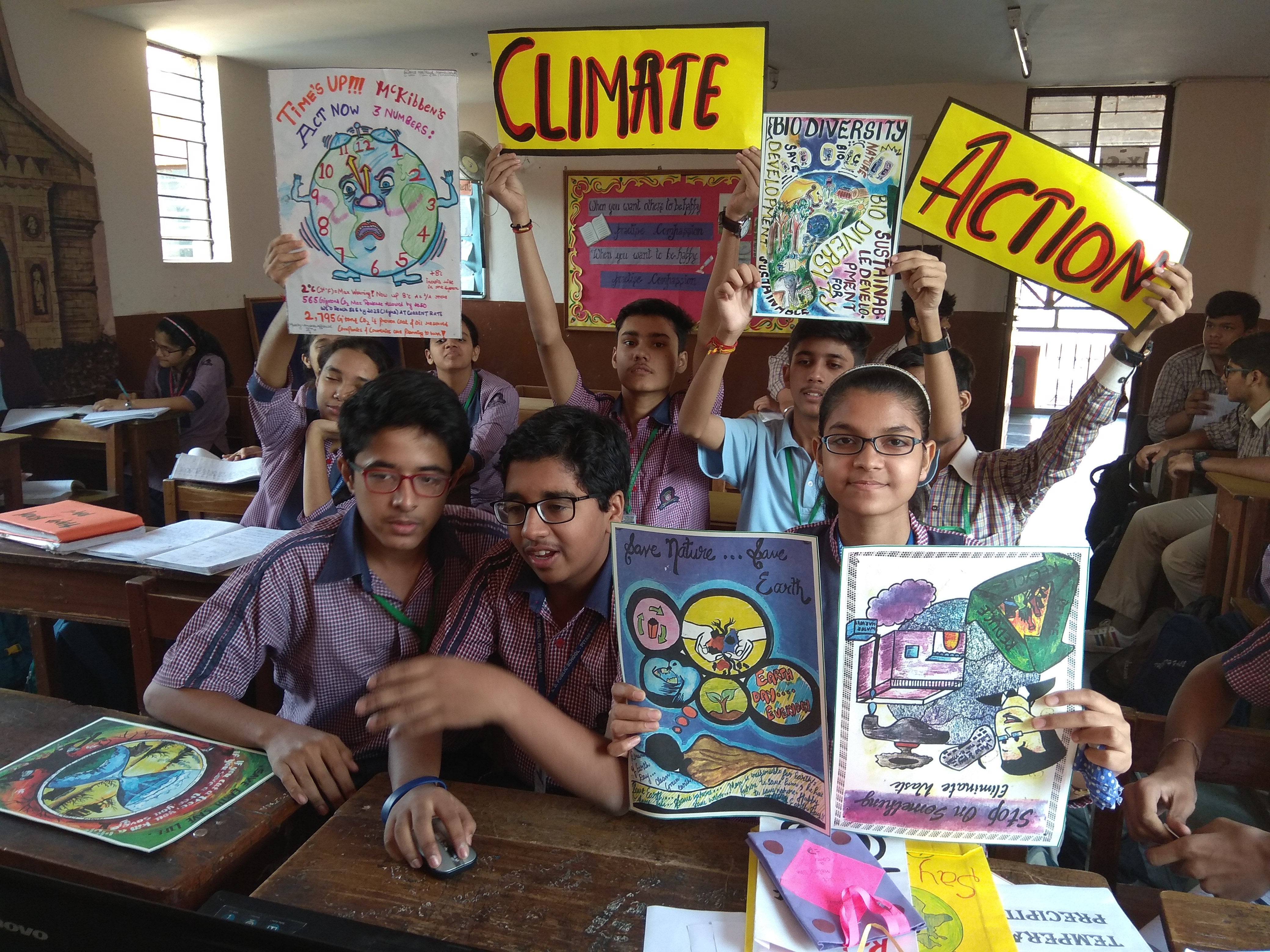
نظرات اخیر